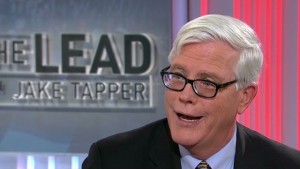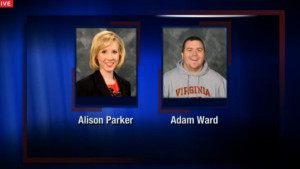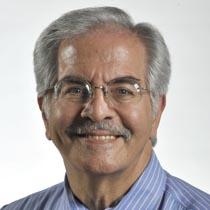
Word has been bouncing around Amarillo about the suspension of online comments to news and opinion articles in the Amarillo Globe-News.
I don’t know the particulars, as I don’t talk to the higher-ups at the paper these days. Nor do I subscribe to the print edition, which means I get very limited access to the online version of the publication. I get a few “free clicks” each month, then I have to pay to read it online — which I do not do.
OK, but what about the suspension of the comments?
It brings to mind an on-going debate I believe is still occurring in editors’ and publishers’ offices around the country. It centers on whether online comments should meet the same standard as those required for publication in print editions.
I’ve long believed they should.
I guess the AGN suspended the comments because many of them were getting a bit too harsh, intensely personal and were impugning people’s integrity. So, I reckon publisher Lester Simpson suspended the comments until he figures out what to do about their tone.
This is the monster the Internet has created. Too many of these online commenters — and they’re not limited, of course, to just this market — are allowed to get away with too much. They can submit their opinions using bogus handles, not their real names. They use that shroud of anonymity to attack individuals and to sling accusations like so much feed lot manure.
Back in the old days, when the printed paper was the sole source of information for a community, there was a standard that contributors were asked to follow.
Give your name, address and a daytime phone number where the editor of the editorial page or his/her representative can contact you. The paper would then publish the writer’s name and his or her city of residence. The paper would insist that the writer stick to the issue and refrain from personal attacks. Editors then would remind readers that there are laws against libeling someone in print and that the paper wouldn’t tolerate anything that even hinted at potentially libelous material.
The presence of the writer’s name had at least one positive benefit: It tended to elevate the tone and tenor of whatever discussion was occurring.
These days, with anonymous snipers lurking in cyberspace, that civility occasionally disappears.
Oh sure, some readers like reading this stuff. They find it entertaining. An individual, someone I know personally, complained this week that the online edition of the paper has gotten “boring” without the comments, and that he liked following the give-and-take among readers.
Well, OK. Sometimes, though, the give-and-take starts to draw blood unnecessarily.
This is the new age of journalism. It has brought an entirely different set of questions, issues and problems to handle.
My suggestion? Set the same rules for online comments that you do for print.
Intelligent commentary plays just as well on a computer screen as it does on the printed page.








